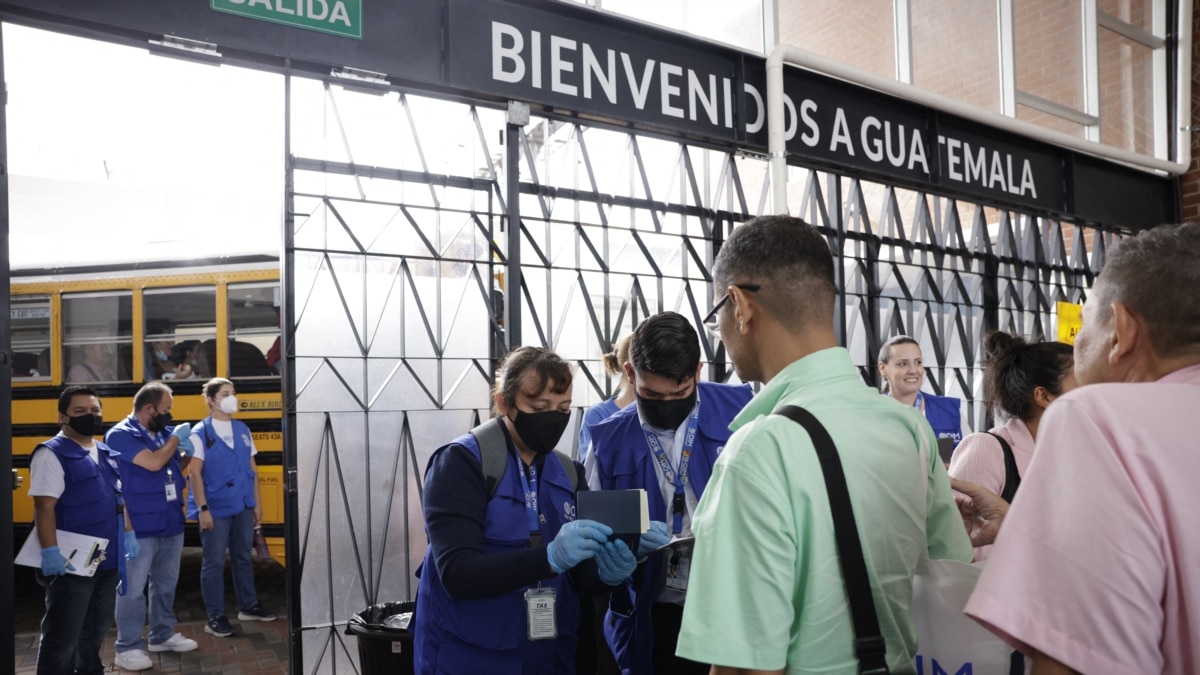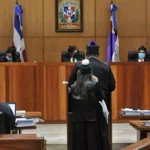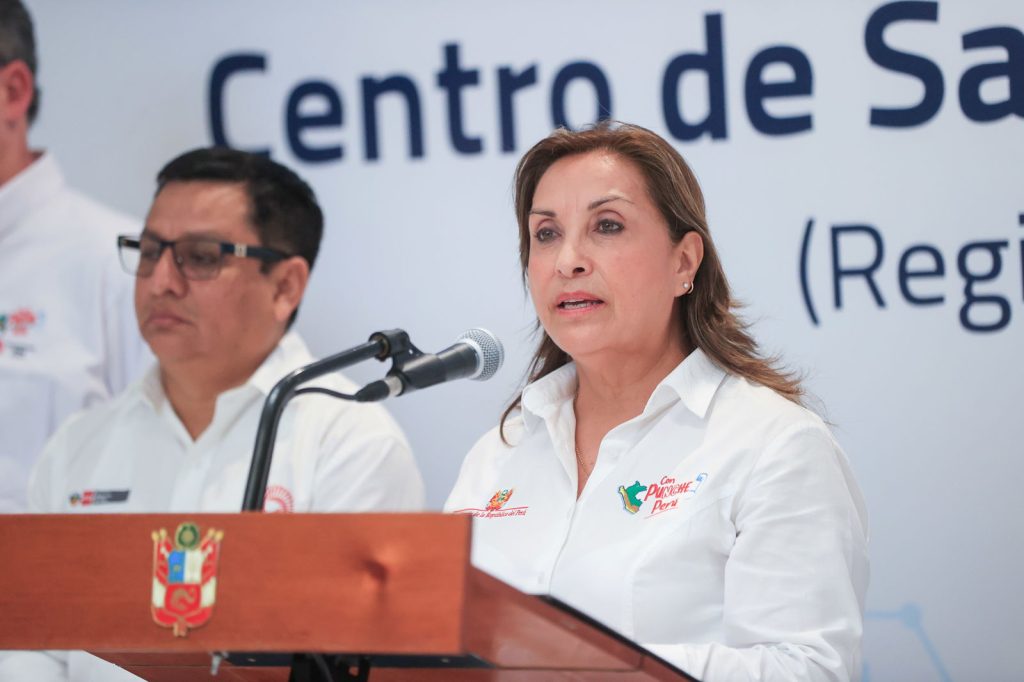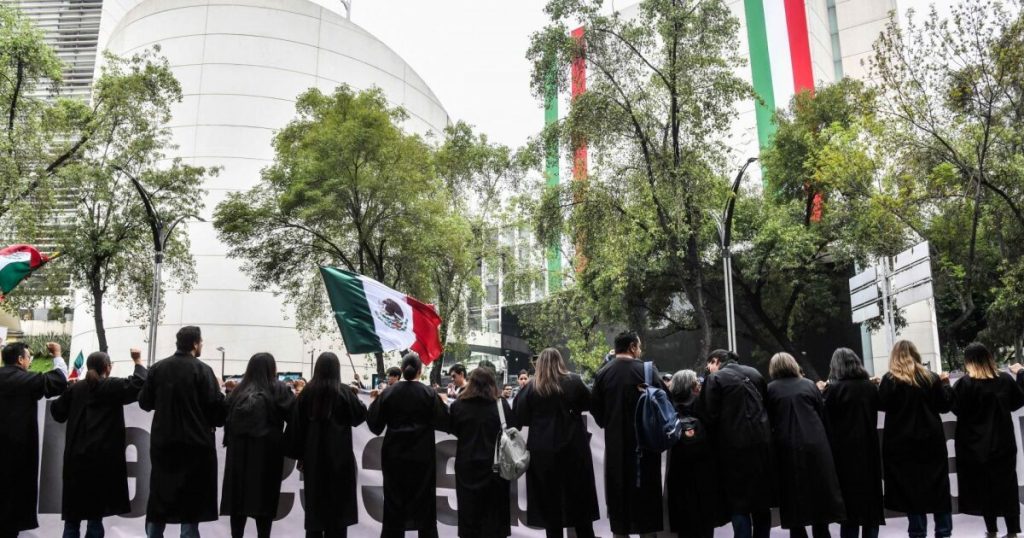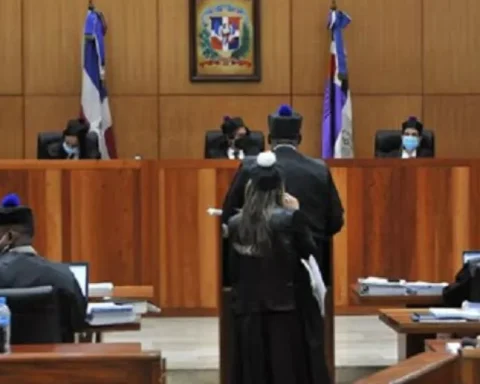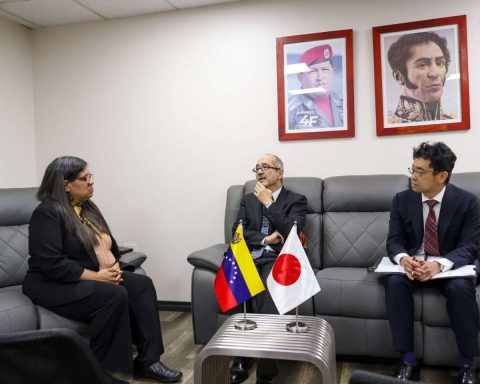Nicaragua’s Supreme Court, accused by critics of being controlled by President Daniel Ortega, issued a ruling on Tuesday ordering the stripping of nationality of 135 opponents released from prison recently and sent to Guatemala through the efforts of the U.S. government.
According to the highest judicial authority in Nicaragua, the released prisoners “attacked the sovereignty and independence” of the country and promoted “violence, hatred, terrorism and economic destabilization,” all of which are penalized under Law 1,055 (Law for the Defense of the Rights of the People to Independence, Sovereignty and Self-Determination for Peace) and 1,145 (Special Law Regulating the Loss of Nicaraguan Nationality).
The Sandinista government also ordered the confiscation of all assets of released opponents “in order to respond for the severe material and non-material damages that their criminal activities caused to the population and the country.”
The Nicaraguan government has not released the names of the released opponents and the list of these remains confidential.
Dispossession of nationality has become a constant
The Ortega administration has been stripping the nationality of its critics and those released from prison for political reasons.
In February 2023, the government stripped 222 dissidents of their Nicaraguan nationality. They were released from prison and sent to the United States following an agreement between Washington and Managua.
USA rejected the stripping of nationality and mentioned that this measure after release was never agreed upon.
Chile, Colombia and Spain joined in condemning the stripping of nationality of opponents, offering their support to Nicaraguans in the face of this measure.
Nicaragua has been experiencing a serious social and political crisis since 2018, when protests against the Sandinista leader arose, which he described as a “failed coup d’état.”
The protests left more than 300 dead, as well as thousands injured and exiled.
Connect with the Voice of America! Subscribe to our channels YouTube, WhatsApp and to newsletter. Turn on notifications and follow us on Facebook, X and Instagram.
